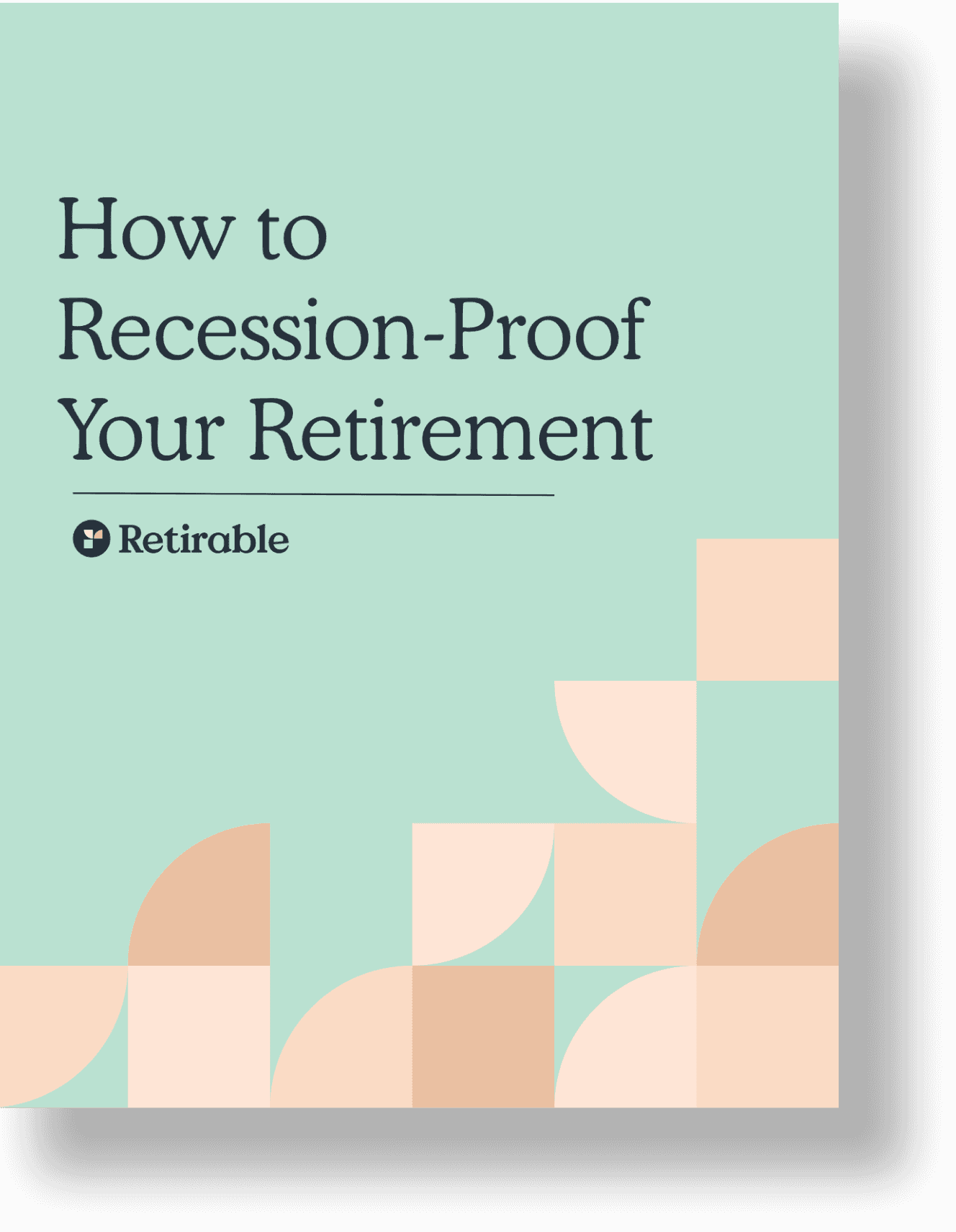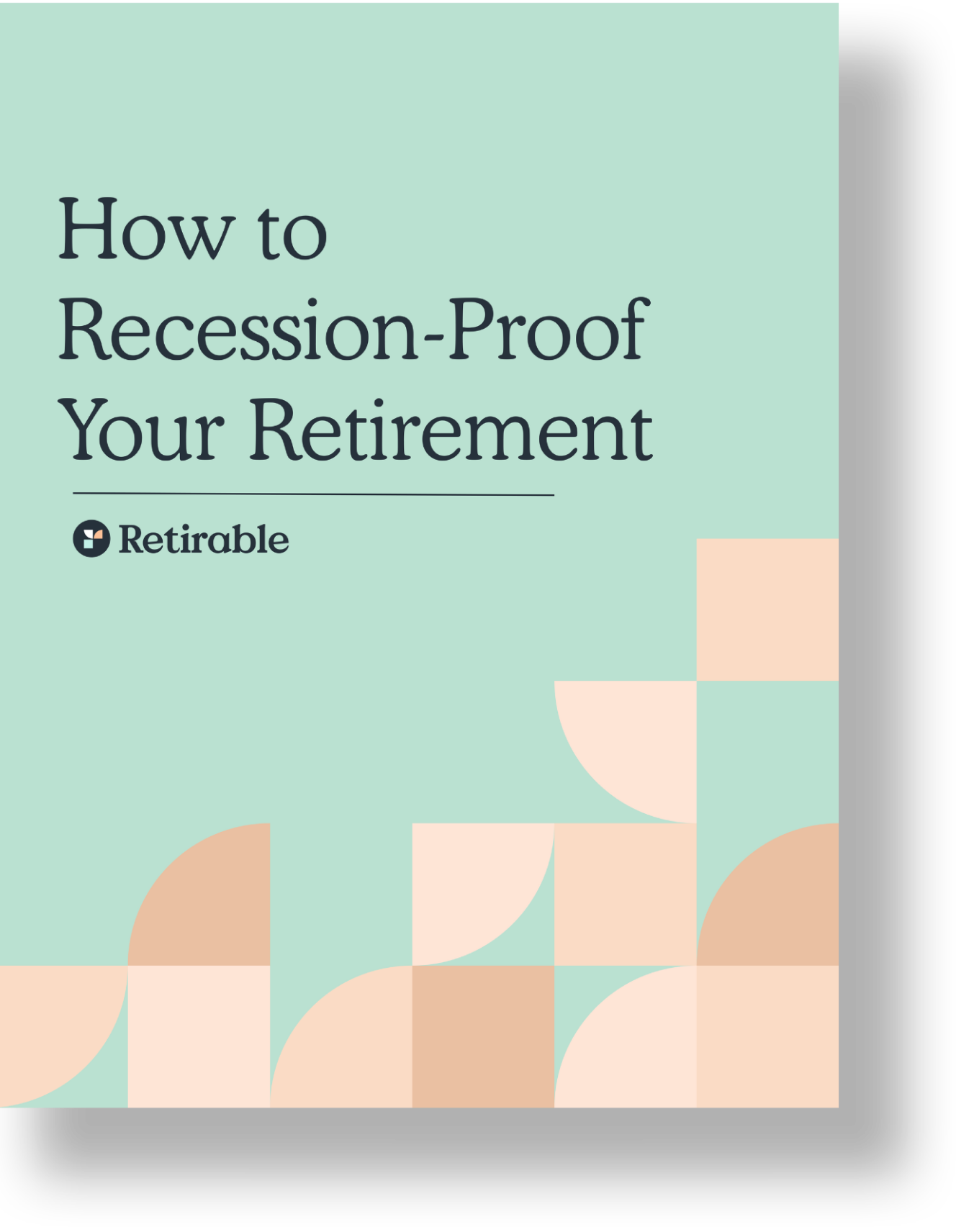Healthcare
Federal employees enjoy medical coverage as part of their retirement benefits, but there are some things you’ll need to do to make sure you keep your benefits.

Stephanie Faris
•
Published June 2nd, 2020
Table of Contents
Key Takeaways
After retirement, federal employees enjoy a monthly annuity and medical coverage.
To qualify for coverage, you’ll need to meet minimum service requirements, including being covered as a federal employee for at least five years.
Your spouse will receive coverage without the five-year rule.
If you work for the U.S. government, you probably signed up for the Federal Employees Health Benefits (FEHB) program when you were hired. The FEHB provides coverage for medical expenses, including prescription medications and dental and vision care. You can also sign up for a Flexible Spending Account and choose from three life insurance options.
But you won’t be on the job forever. While you can keep your federal employee health insurance after retirement, there are some requirements you’ll need to be aware of as you start planning.
Post-retirement FEHB requirements
When you start working for the federal government, retirement benefits are part of the package. This includes a monthly annuity, which pays you a portion of your salary from the time you retire until you die. In addition to this annuity, you’ll be entitled to medical benefits, including health, vision, and dental.
The first thing you’ll know about your federal employee benefits is that you’ll need to receive medical benefits as a federal employee for at least five years before you retire. So if you’ve recently joined the federal government, you’ll have to keep working if you want to keep your medical coverage. Staying to that five year tenure mark can be a huge boost to your retirement picture, as FEHB retirement healthcare benefits work in tandem with Medicare to cover a more exhaustive list of medical charges.
Another requirement for receiving federal health insurance after retirement is that you qualify for retirement in the first place. Federal employees must meet a milestone based on age and years of service to qualify to retire. If you were born after 1969, you can’t retire until you reach 57. For birth dates prior to that, age of retirement is set on a sliding scale.
Post-retirement medical benefits eligibility is also based on your age. You can retire with benefits after five years of service if you’re age 62 or older. Otherwise, you’ll be expected to have satisfied a minimum number of years of service.
| Age | Years of Service | Reduction in benefits |
|---|---|---|
| 62 | 5 | N/A |
| 60 | 20 | N/A |
| Minimum retirement age | 10-30 years | 5% per year for each year under age 62 |
In some situations, such as employees who have been terminated due to workforce reductions, early retirement benefits may be offered. This only applies to employees who have at least 25 years of service. If you’re over age 50, you may be eligible for this after only 20 years.
Automatic coverage transfer
Federal employee health insurance plans transfer automatically as part of the switch to retirement. When you’re ready to retire, you’ll complete a form titled Standard Form 3107: Application for Immediate Retirement (FERS). Your HR department should work with you on this, but if you’ve been separated 30 days or more and want to officially retire, you can mail your application.
After your HR person submits your paperwork, the Office of Personnel Management (OPM) will handle processing it. Within the OPM, FEHB processing times can vary, so it’s important to get started early. If you submit it in advance of your retirement date, the department will get everything ready to kick in when the big day arrives.
The 5-Year Rule and spouses
Federal retirement health insurance requires you to be in your job for at least five years prior to your retirement date to get benefits. But that same minimum doesn’t apply to your spouse. You can even get married after you retire and add your new spouse to your plan.
Chances are, your retirement will provide you decades of enjoyment. However, it’s also important to think about what will happen to your spouse’s benefits after death. If your spouse qualifies for a survivor’s annuity, benefits come with it. Premiums for those benefits will be taken out of your spouse’s annuity payment.
5-Year Rule exceptions
Rules are made to be broken, including those set up for FEHB retirement. The OPM can waive the five-year requirement at its own discretion. If you’re retiring with less than five years of service, it will be on you to request a waiver. To get an exception to the five-year rule, you’ll need to prove all three of the following:
- You intended to have coverage after retirement.
- You lost that privilege due to circumstances beyond your control.
- You acted reasonably to protect your ability to have access to retirement.
In the third case, you’ll need to show that you gathered information on what you needed to do to continue your benefits after retirement. This includes reviewing your federal employee health benefits plan and familiarizing yourself with all the rules that apply to your situation.
Cost of health insurance for federal retirees
Of course, one of your biggest questions is likely what will federal employee health insurance cost? The good news is that your premiums won’t increase. One thing that will change, though, is how often you’ll pay them. As with your paycheck, your premiums will be deducted from your annuity. Since you’ll be receiving a monthly annuity payment, rather than a paycheck, you’ll find you’re paying premiums monthly.
Temporary Continuation of Coverage
If your retirement is involuntary, you may be eligible for Temporary Continuation of Coverage (TCC). The OPM healthcare division will defer to your own HR department to determine whether you’re eligible for this. If your request is granted, you’ll need to pay both yours and the government’s portion of your premium, along with a 2 percent administration fee.
Bottom line
The Federal Employees Health Benefits (FEHB) program is one of the perks you get as a reward for loyal service. It’s important to coordinate your Medicare benefits with your federal medical benefits to make sure you’re fully covered. Your HR department can walk you through what you’ll need to do to make sure you have the coverage you need at a price you can afford.
Share this advice

Stephanie Faris has written about finance for entrepreneurs and marketing firms since 2013. She spent nearly a year as a writer for a credit card processing service and has written about finance for numerous marketing firms and entrepreneurs. Her work has appeared on Money Under 30, The Motley Fool, MoneyGeek, E-commerce Insiders, and GoBankingRates.
Medicare Basics
Medicare Benefits
Medicare 2022
Applying for Medicare
Medicare Considerations
Medicare Taxes
Healthcare Considerations
Share this advice

Stephanie Faris has written about finance for entrepreneurs and marketing firms since 2013. She spent nearly a year as a writer for a credit card processing service and has written about finance for numerous marketing firms and entrepreneurs. Her work has appeared on Money Under 30, The Motley Fool, MoneyGeek, E-commerce Insiders, and GoBankingRates.
Will Your Savings Last Through Retirement?
See the monthly income you can expect when applying tax, growth, and other strategies.





